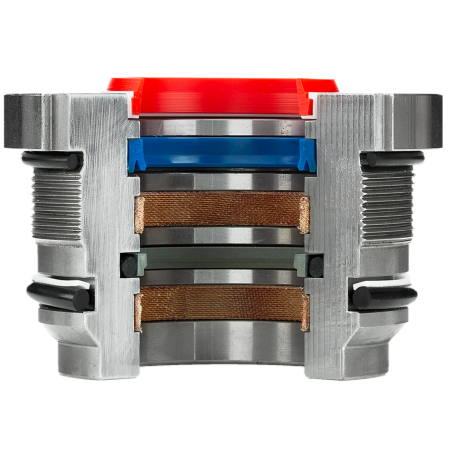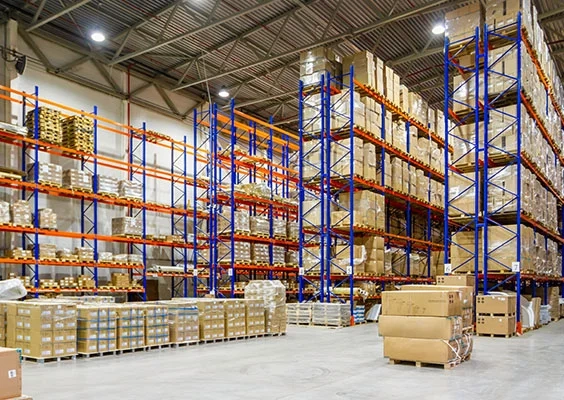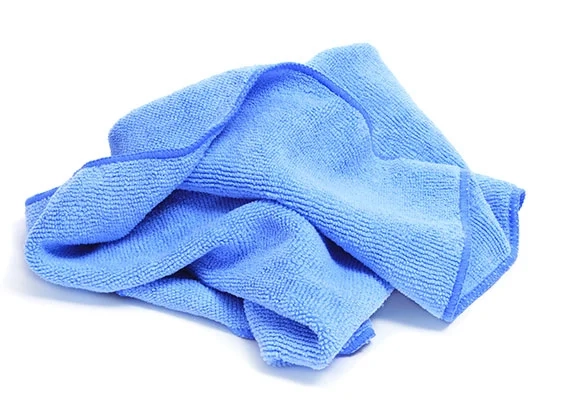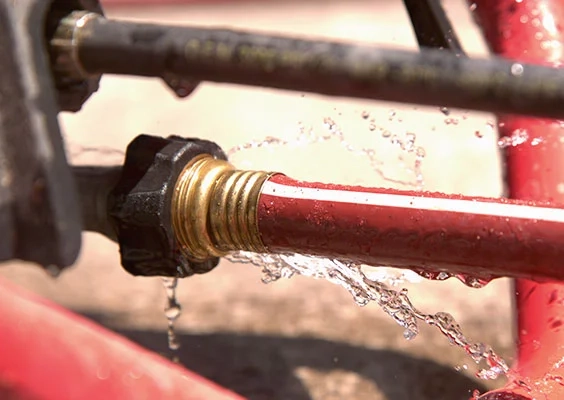-
Homepage
-
Sealing knowledge
- Storage and durability in sealing technology
Storage and durability in sealing technology
In the field of sealing technology, appropriate storage of sealing, sliding, and guiding elements is extremely important to ensure their longevity. Improper storage of your seal, special seals and gaskets, Simmerring seal or flat gasket can drastically reduce their lifespan. Furthermore, you should pay attention to the materials from which the seals are made of when storing them. Incorrect storage may lead to a deterioration of the seals' technical properties. Read everything about the life span and how to store seals, and we will also personally inform you about seals for your company, systems, and machinery

Storage and Durability of Seals
You order a large quantity of various industrial seals, but not all are needed immediately and thus do not get used. How should you properly store these products to avoid having to place another large order shortly? The following article will explain what you need to consider for correct storage.
Seals are made from various high-polymer materials, which are categorized into material groups like elastomers (NBR, FPM, MVQ, H-NBR, EPDM, Viton®), thermoplastics (PTFE, POM, PA, PE), or thermoplastic elastomers (T-PU, TPE). To prevent these different materials from losing their characteristic properties and to maximize their shelf life, you should be familiar with their storage conditions and duration.

Get in touch with us!
We perform best under pressure! Personalized advice for the highest demands and a fast delivery guarantee ensure your satisfaction. Contact our sealing experts.
We look forward to your inquiry."
How must seals and gaskets be stored correctly?
Good conditions for the proper storage of seals, gaskets and seal sets are determined by the storage environment. The environment should be cool, dry, moderately ventilated, and free of dust. Storing them outdoors is improper and not allowed. For the correct storage of (rubber) seals not in use, refer to the ISO 2230 or DIN 7716 standards. Accordingly, elastomers should be stored as follows:
- The humidity in the room should be below 65 percent. Storing in a humid environment, where condensation could occur, should be avoided, as should very dry air.
- The room temperature should not exceed 25°C (77°F), with a preference for around 15°C (59°F). For elastomer products, the temperature should not drop below -10°C (14°F).
- Extreme sunlight and high UV radiation from strong artificial lights should be avoided. Light damage can be prevented with suitable UV-filtering window treatments in the storage area.
- No devices that can produce sparks or electrical high voltage such as mercury-vapor lamps, fluorescent lights, or electric motors, which could generate ozone, should be present in the storage area.
- Seals should be stored in a relaxed state, i.e., without tension, pressure, or any other form of deformation. They should not be hung, folded, or rolled.
Closed containers offer good protection against circulating air, light, and dirt. Damage from external forces or excessively heavy loads should also be avoided. The seals should not be exposed to chemical liquids, fats, oils, or vapors as these substances can cause damage.
Elastomeric seals should not be stored with metals such as iron, copper, manganese, or alloys like brass. Nor should they come into contact with materials containing plasticizers, such as PVC.
In general, seals of different types (material, color, etc.), like hydraulic seals, pneumatic seals, rod seals, O-rings, or scrapers, should be stored separately. Newly added inventory should be stored separately from items that have been in storage for a longer period.

How long do seals last?
If you follow the storage instructions, you can use seals for years. The maximum storage time depends on the elastomer type. In any case, seals should be used within the legally prescribed liability period of 24 months. The manufacturer's date is indicated on the packaging of the elastomer seals.
After this time, you should check the products for deformation, mechanical damage, breakage, hardening or softening. If you find such signs, dispose of the parts. If the seals are in good condition, you should still check them before use to maintain proper functioning.
Smaller elastomer seals should be checked in shorter periods of time, as they have a higher surface-to-volume ratio, which increases the risk of oxidative attack, for example.

Can seals and gaskets be cleaned?
Some seals, such as NBR or sulfur-crosslinked EPDM, can develop a white film over time due to sulfur residues. To remove this film or to clean other types of seals, you should gently wipe them with a soft cloth moistened with lukewarm water. This method is suitable for most seals.
For cleaning, avoid using solvents, gasoline, turpentine, alkaline solutions, or any similar substances. Sharp-edged or pointed items such as wire brushes or sandpaper should never be used on plastomer or elastomer seals. Also, do not place the seals near a heat source for drying - only dab the seal elements with a damp cloth and not a wet one, and if they become too wet, gently dry them with a soft cloth.

What happens if seals are stored incorrectly?
Under incorrect storage conditions, rubber seals often change their properties. The seals can be cracked, brittle, severely hardened or deformed. They lose mechanical or chemical properties that are enormously important for their functionality. Therefore, seals can no longer be usable if stored improperly.

Conclusion:
So that the storage and durability of seals will no longer be a problem in the future, follow our tips. If you still have questions about the durability or storage of your seals, please contact us directly. Our experts will be happy to help you.
